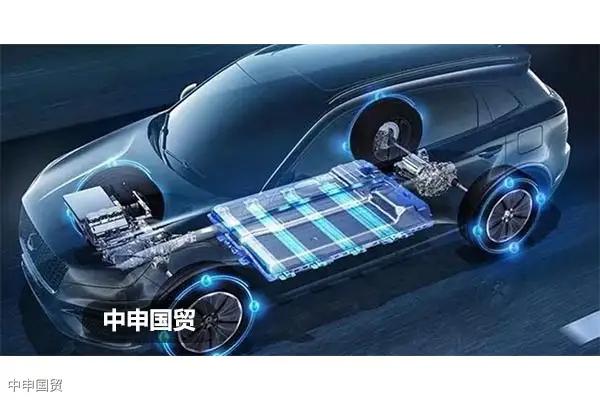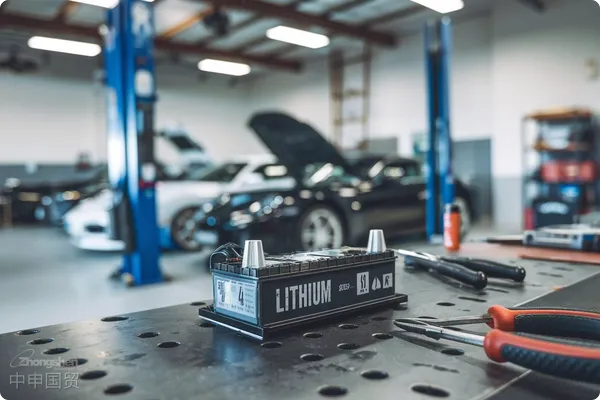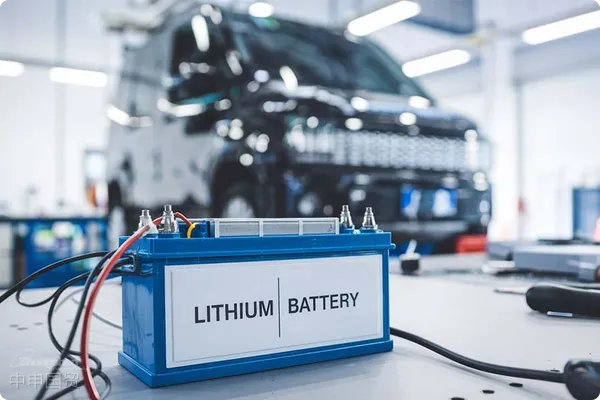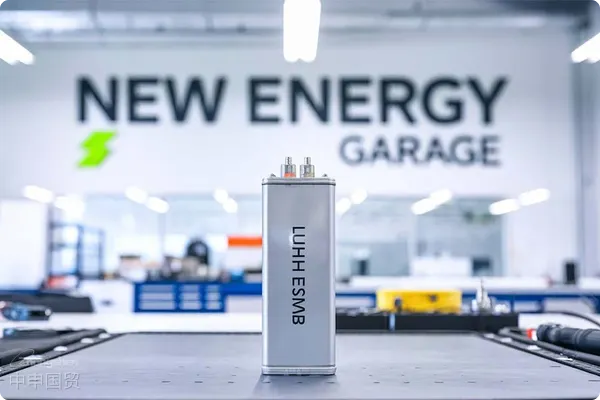- Shanghai Zhongshen International Trade Co., Ltd. - Two decades of trade agency expertise.
- Service Hotline: 139 1787 2118
Under the dual pressures of global energy crisis and environmental protection,New energyvehicles have become the ideal transportation means of the new era. With the rapid growth of new energy vehicle sales, power batteries have also ushered in development opportunities. This article will explore in depth the certifications and standards required for exporting new energy vehicles and power batteries to destination countries, including import certification requirements for the US, EU, Nigeria, Tanzania, and Saudi Arabia, as well as relevant standards and export requirements for power batteries.

I. Export Certification Requirements for New Energy Vehicles:
US: New energy vehicles entering the US market must pass DOT safety certification and EPA environmental certification. These certifications are primarily self-tested by manufacturers, who determine compliance with production standards.
EU: Exporting new energy vehicles to the EU market requires e-mark certification, based on EU directives, involving component reviews and vehicle system inspections.
Nigeria: Exporting new energy vehicles to Nigeria requires SONCAP certification, a mandatory document for regulated products to clear customs in Nigeria.
Tanzania: Exporting new energy vehicles to Tanzania requires PVOC certification. All regulated products under the PVOC program must undergo inspection and comply with Tanzanian national standards or recognized standards.
Saudi Arabia: Exporting new energy vehicles to Saudi Arabia requires SABER certification, an online certification system under Saudi Arabias Product Safety Program.
Standards for Power Batteries in New Energy Vehicles:
Chinese Standards: Power batteries for vehicles must comply with GB38031, GB/T31484, and GB/T31486 standards.
EU Regulations: Power batteries for vehicles require E-Mark certification, including ECER100 and ECER10. Materials must meet RoHS requirements.
North American Regulations: Power batteries for vehicles must meet UL2580 standard requirements.
Indian Regulations: Power batteries for vehicles must meet AIS038 standard requirements.
Export Requirements for New Energy Vehicle Power Batteries:
Power batteries are classified into UN3480 (lithium batteries transported separately) and UN3171 (battery-powered vehicles or equipment), falling under Class 9 dangerous goods. Transport requires UN38.3 testing. Specific transport requirements vary by case, including pure electric vehicles, hybrid vehicles, and lithium-ion battery transport requirements.
(1) For pure electric vehicles: Transport proper shipping name is Battery-powered vehicle, UN number is UN3171, considered non-restricted goods for sea/land transport with no packaging requirements;
(2) For hybrid vehicles: Transport proper shipping name is Vehicle, flammable liquid powered, UN number is UN3166, considered non-restricted goods for sea/land transport with no packaging requirements;
(3) For lithium-ion batteries: Transport proper shipping name is Lithium ion batteries, hazard class is Class 9 dangerous goods, UN number is UN3480, with corresponding packaging category II per packaging instructions. According to Chinas Commodity Inspection Law, performance and usage appraisals of dangerous goods packaging must be conducted.import and exportExport Certification and Standards for New Energy Vehicles and Power Batteries
Related Recommendations
Category case
Contact Us
Email: service@sh-zhongshen.com
Related Recommendations
Contact via WeChat

? 2025. All Rights Reserved. 滬ICP備2023007705號-2  PSB Record: Shanghai No.31011502009912
PSB Record: Shanghai No.31011502009912








